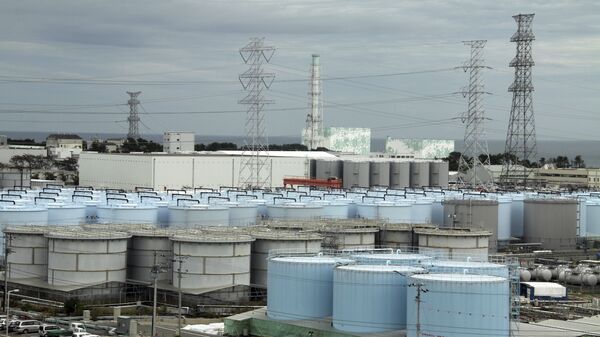The research will be based on data from Japan's Fukushima 1, where work is still underway to eliminate the consequences of the 2011 accident, the university press service said.
NRNU MEPhI researchers, together with specialists from the Tokyo Institute of Technology and Tokyo City University, will develop technologies and methods to determine the radiation and nuclear properties of corium (a fuel-containing material), Georgy Tikhomirov, Deputy Director of the Institute of Nuclear Physics and Engineering at NRNU MEPhI, said.
“Corium is a melt of core elements formed during severe accidents at NPPs. Works under the joint grant will be carried out until December 2020, but NRNU MEPhI and Japanese universities expect to continue their joint research cooperation,” he said.
The project participants have already analyzed scientific, technical and regulatory literature, and conducted patent research. They have collected data on the structure and composition of the corium and fuel fragments at Fukushima 1, presented geometric models of melt particles, as well as carried out detailed modeling of the corium.
According to the researchers, the results will help improve methods to determine the corium fragments' radiation characteristics and substantiate the nuclear and radiation safety of using special containers to transport and store them.
NRNU MEPhI has been cooperating with the Tokyo Institute of Technology since 1993. The two universities conduct joint research and organise international internships for their students and graduate students.
The research is carried out under a grant from the Russian Ministry of Science and Higher Education to implement the project “Improving technologies to ensure nuclear and radiation safety while decommissioning nuclear facilities based on data from Fukushima 1 NPP”.

